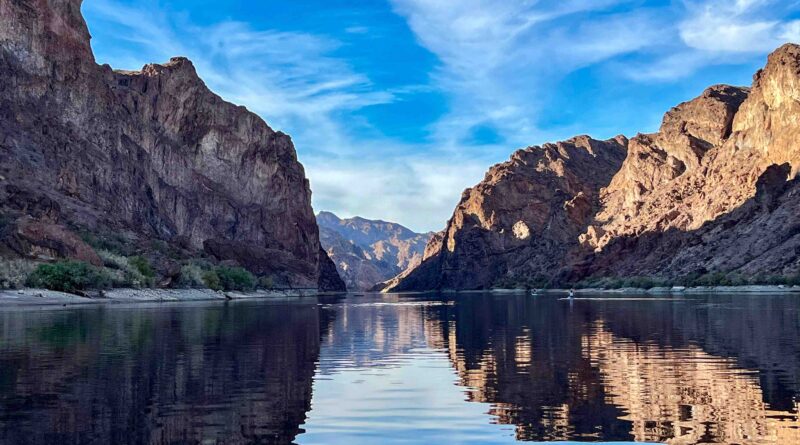Biden Advances Long-Term Planning Efforts to Protect the Colorado River System
The next steps in the formal process to develop future operating guidelines and strategies to protect the stability and sustainability of the Colorado River system, as well as to strengthen water security in the West was announced by the Biden-Harris administration. To be implemented in 2027, the guidelines replace the 2007 Colorado River Interim Guidelines for Lower Basin Shortages and the Coordinated Operation for Lake Mead and Lake Powell, which are to expire at the end of 2026.
According to the U.S. Department of Interior, the Department of the Interior’s Bureau of Reclamation published the Proposed Federal Action and a Scoping Summary Report related to Colorado River Basin operations post-2026. The Scoping Report, which was supported by a 60-day public scoping period, will inform the post-2026 operating guidelines. This planning process is separate from ongoing efforts to protect the Colorado River Basin through the end of 2026.
These steps to protect the Colorado River Basin now and into the future will leverage the historic investments being deployed through President Biden’s Investing in America agenda to help increase water conservation, improve water efficiency, protect critical environmental resources, and prevent the Colorado River system’s reservoirs from falling to critically low elevations that would threaten water deliveries and power production. These actions form a key pillar of Bidenomics and represent the largest investment in climate resilience in the nation’s history. They provide pivotal resources to enhance the resilience of the West to drought and climate change, including to protect the short- and long-term sustainability of the Colorado River System. Through the Bipartisan Infrastructure Law, Reclamation is investing $8.3 billion over five years for water infrastructure projects, including water purification and reuse, water storage and conveyance, desalination and dam safety. The Inflation Reduction Act is investing an additional $4.6 billion to address the historic drought, including by funding water conservation efforts across the Colorado River Basin.



